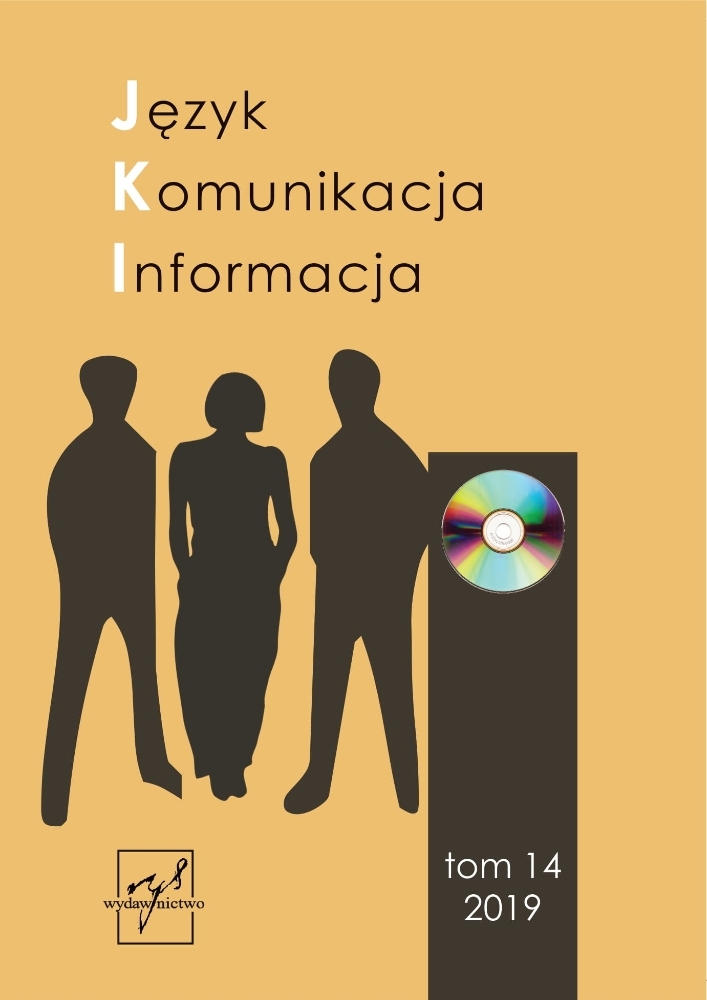Abstract
Invented (or constructed) languages can basically be subdivided into two groups. The first comprises language systems that were consciously created according to certain criteria for the purpose of easing communication between people of different mother tongues. Volapük (Schleyer 1880), Latino sine flexione (Peano 1903), Ido (1907) and Interlingua (Gode 1951) are examples of these so-called planned language systems. The most successful among them is Esperanto (Zamenhof 1887). It has developed from a project to a fully-fledged language with an active speech community that guarantees its further development. These language systems are explored by the discipline of interlinguistics (and Esperanto Studies as its subdiscipline). The second group includes language systems that were mainly created to lend liveliness and pseudo-authenticity to works of fantasy and science-fiction literature. The creation of languages for artistic reasons, once called “A Secret Vice” by J.R.R. Tolkien, has meanwhile become a very productive and popular area. Tolkien’s Elvish languages, A. Burgess’ “Nadsat” (teenage slang in “A Clockwork Orange”), P. Frommer’s “Na’vi”, D.J. Peterson’s “Dothraki” and M. Okrand’s “Klingon” are well-known examples. Although the two types of language systems are very different in terms of their functions and properties, a number of connecting points can be found between them. This paper addresses those points of contact focusing on the English-speaking writers Jonathan Swift and George Orwell and their interest in planned languages.
Funding
invented languages
constructed languages
languages for literature
international auxiliary languages
planned languages
Swift
Orwell
License
Open Access Policy: This journal provides immediate open access to its content on the principle that making research freely available to the public supports a greater global exchange of knowledge.
By sending their contributions authors accept that papers published in this journal are available online free of charge (Open Access) and are subject to the Creative Commons license 4.0 version BY-NC-ND.
